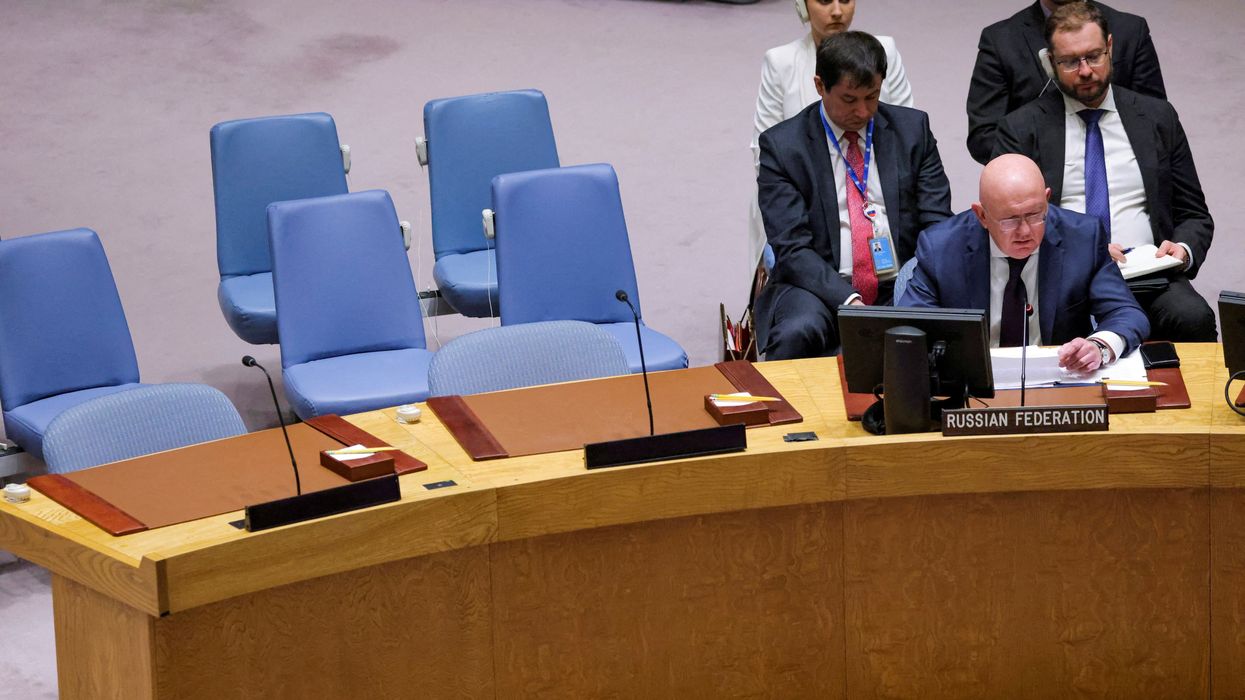Europe
Hard Numbers: Russia to helm Security Council, Sonko seized, Stubborn EU inflation, Australia vs. climate change
Russia is set to helm the UN Security Council as of April 1, a transition of power that Ukraine has dubbed "an April Fool's joke."
Mar 30, 2023


